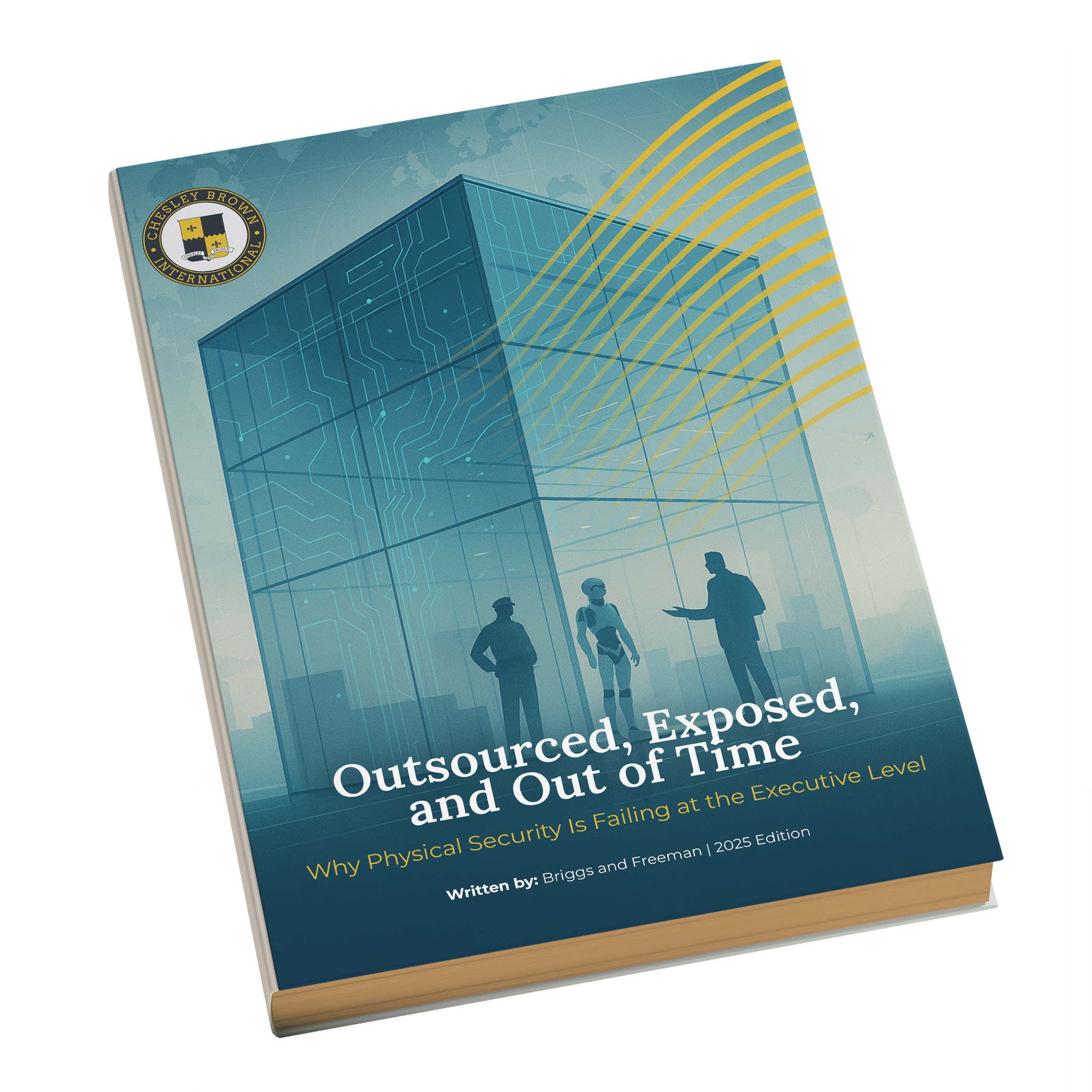Written by: James Hart
The best advice on disaster recovery and business continuity might actually come from the movies. As Rocky Balboa said: “It ain’t about how hard you hit. It’s about how hard can get hit and keep moving forward. How much you can take and keep moving forward.”
And that’s really the point of disaster preparedness: allowing companies to survive a major blow while avoiding shutdowns or, failing that, resuming operations as quickly as possible. Unfortunately, a substantial number of businesses will close because of a crisis — and then never open again. Contingency planning changes the dynamic by giving organizations a clear, easy-to-execute roadmap when the worst happens, so they can keep moving forward.
“But it only works if businesses do the hard work and create the plan before it’s needed,” emphasized Archie Dinwiddie, a vice president at Chesley Brown, the security consulting, and risk management firm.
“It’s vital that you have that in place beforehand,” added Josh Noland, vice president of Chesley Brown’s western operations, “because resources could suddenly disappear because everyone else is going after them.”
In this post, you’ll get a high-level look at what companies and other organizations should do to prepare for different kinds of disasters, from building a contingency plan to creating a team to execute it and much more.
Develop a Contingency Plan Before You Need It
A contingency plan is a detailed plan for what the organization should do during a specific emergency. In addition to keeping a version online, make sure you have multiple print copies too, ready to be referenced at a moment’s notice.
There are a handful of situations that essentially every company should prepare for, including threats such as fire, cyberattack, or workplace violence. But a lot of your planning will depend on your unique situation.
For example, your planning for natural disasters will be dictated by where you operate. Are you based in southern California? You should be ready for earthquakes. Gulf Coast? Plan for hurricanes.
In addition to natural disasters, you’ll have to prepare for manmade crises, too. Think about the nature of your business.
“What should a contingency plan cover?”
- Alternate Operating Locations: Where will your company operate if you lose access to your facilities?
- Access to Materials and Equipment: Do you still have a way to get all the physical materials and equipment that you’ll need?
- Communication Plan: How will your team communicate with each other?
- Continuity of Payroll: Will you still be able to pay your team?
- Basic Needs: Will your people have access to basic needs? Will they be able to come back to work?
Build a Response Team That Can Jump Into Action
Having a plan is a great . But you’ll need people to execute it.
If your organization is big enough to have its own security team, those personnel might be a natural fit for helping lead the response.
Mid-level managers are often great choices for disaster response teams. They tend to be in the office day in and day out and usually know people throughout the organization.
Your response team should meet at least quarterly. That way, you can constantly adapt to all the changes that happen during the course of a year.
Practice Your Response, and Make Updates When Necessary
How often should your company practice its disaster response?
“The closest thing to a standard recommendation would be annually at least,” said Dinwiddie.
Is your building undergoing a renovation? It might be a good idea to hold an extra fire drill in case the construction cuts off a long-standing escape route. And be sure to update your written plans to account for any changes you make because of these practice sessions.
Find a Trusted Source of Advice for Business Continuity
Your security contractor is going to be a natural place to find guidance on contingency planning. There are several free resources for contingency planning, too, like ready.gov/business, a clearinghouse of planning tools managed by the Department of Homeland Security, and the Red Cross’ readyrating.org, which has self-assessment tools to help judge your level of preparedness.
The Bottom Line About Business Disasters and Crisis Response
If you want your business to survive a disaster, then preparation is absolutely essential. You can’t wait until the worst happens to take these threats seriously.
Recovering from a major disruption might feel impossible, but you can increase your company’s chances with clear thinking and disciplined planning ahead of time.
Don’t gamble with the future of your business. Chesley Brown offers expert guidance and customized solutions to ensure your organization is equipped to weather any storm. From comprehensive contingency planning to proactive crisis management, trust Chesley Brown to safeguard your business continuity. Contact us today to fortify your resilience and keep your business moving forward, no matter what challenges arise.
Sign up!
For industry-leading guides and analysis sign up for our blog below.
Latest News
Employee Spotlight: Isabella Mazza
We’re thrilled to introduce Isabella Mazza, the newest rockstar on our team at Chesley Brown International. Ready for some real talk and a sneak peek into Isabella’s world? Well, you’re in for a treat! Isabella…
The Economic Benefits of Private Security: Enhancing Commercial Property Values
As the world becomes increasingly unpredictable, it’s no surprise that businesses are focused on protecting their assets. While public security initiatives have long been at the forefront of ensuring public safety, private security has emerged…
Maximizing Security Without Breaking the Bank: Practical Tips for Organizations with Limited Budgets
In today’s digital landscape, security threats are everywhere and no organization is immune to them. However, with limited budgets for security measures, organizations often face a tough challenge in ensuring that they remain protected against…
The Hazards of EV Charging Stations
Written by: Andy Marsh Fire and Life Safety Manager Chesley Brown International Technological advances have been the driving force behind the way we communicate, the way we work, and possibly even the way we get…
How to Foster a Culture of Risk Awareness and Responsibility
In a world where new threats seem to emerge every single day, how can businesses protect themselves from the next danger hiding around the corner? Technology can help. So can guidance from trained security experts.…







